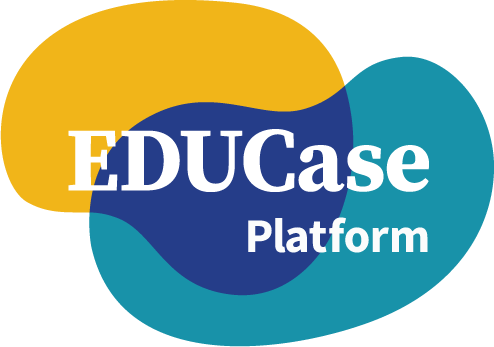Shaping the future of South African forestry through joint student challenges
This initiative responds to South Africa's forestry industry and its challenges and transformations. The South African commercial forestry landscape has undergone significant changes, with a notable decline in land cover since the introduction of the Water Act in 1998. This decline, coupled with the conversion of forest plantations into alternative land uses, and failed land reform projects has created a complex problem. In response to these challenges, the South African government enacted forestry policies aimed at empowering previously disadvantaged communities through participation in the economy, including the forestry sector. Despite the South African government’s efforts to facilitate land transfers, the community is facing challenges, especially in the transfer of ownership and management to rural and local communities.
The FOREST21 student challenge aimed to address the challenges concerning the technical knowledge and skills, benefit-sharing mechanisms, and capital resources required for sustainable forest management. The students were tasked with several responsibilities such as creating sustainable community-based forestry enterprises and enhancing conflict management and benefit sharing.
Since the challenge required an in-depth engagement with the local stakeholders for a comprehensive understanding of the local needs, the methodological approach was based on problem-based learning (PBL) and human centric design processes. This bottom-up approach engaged the students with fieldwork, expert presentations, and discussions with various stakeholders. According to the students, from the first exercise, it was clear that the teams were eager to build tangible solutions that would benefit the rural communities and local stakeholders. This was defined through the African culture and concept of Ubuntu, that refers to community equality. According to the students, Ubuntu shows that “connectedness to people and community and family are important. Your existence is defined by your relationships with other people.”
The community engagement and bottom-up approach allowed the students to achieve a comprehensive understating of the current tensions and challenges, and to build a solution around the needs of the rural communities, hence a platform to analyze existing or proposed business models for plantation transfers and recommend improvements.
The Fort Cox 2023 Student Challenge was an educational and innovative endeavor that will contribute to the sustainable future of South Africa's forestry industry. In addition, the participating students acquired a deep understanding of forestry dynamics, knowledge of legislative frameworks, enhanced analytical skills, and appreciated engaging with diverse communities and learning cultural differences.
More information about FOREST21 is available here.
Read more news
Breaking the Darkness: Tackling energy crisis in Lesotho
Lesotho, often called the Kingdom in the Sky due to its high altitude, faces a severe energy crisis, with nearly half of its population lacking access to reliable electricity.
Transforming Interdisciplinary Education: Sustainable Global Technologies (SGT) Across Four Continents
The true impact of our actions often unfolds over time, as demonstrated by the students at the SGT FAIR’24 on May 22. Their work showcased how a single student challenge can drive significant change.
A Global Learning Space: Empowering Students for Responsible Global Engagement
As part of the EDUCase network, the University of Oulu has offered to be the testing ground of a virtual learning initiative that aims to revolutionize virtual learning.
